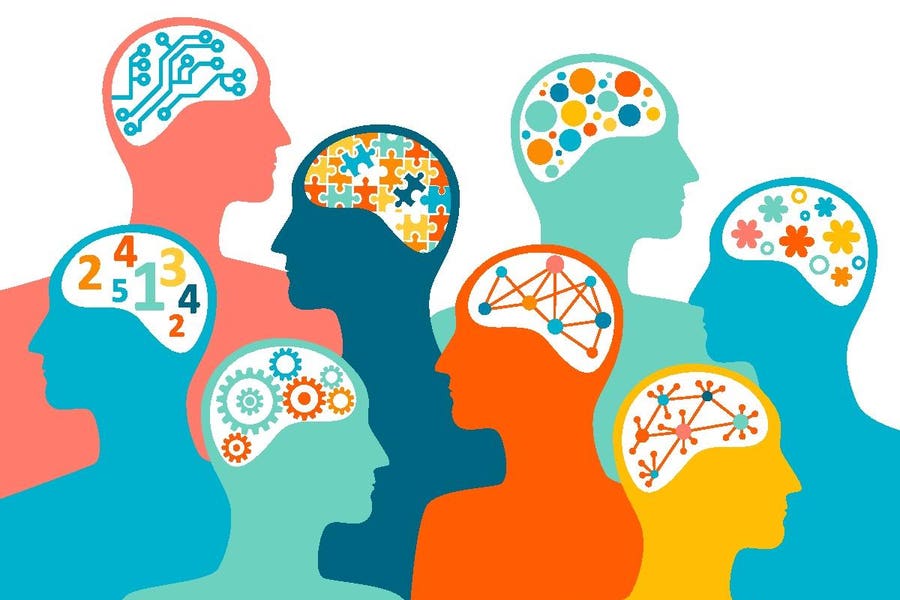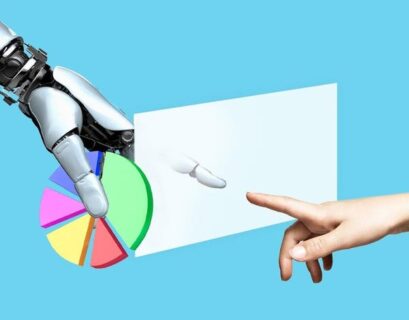Decoding AI’s Role in Mental Health Therapy: A Deep Dive into Generative AI’s Capabilities
As we navigate the intricate intersection of technology and healthcare, generative AI emerges as a groundbreaking tool with the potential to revolutionize mental health therapy. This exploration delves into the capabilities and limitations of AI in providing mental health guidance, scrutinizing the concept of AI reasoning within this sensitive domain. We will dissect the ethical considerations, practical applications, and the future trajectory of AI’s role in mental health therapy, offering a comprehensive understanding of this technological marvel’s impact on the therapeutic landscape.
Unveiling the Future of Therapy: Can AI Reason Its Way Through Our Minds?
Understanding Generative AI and Its Foundations
The advent of generative AI has brought about a seismic shift in the way we approach data analysis and pattern recognition. At its core, generative AI operates through sophisticated algorithms that analyze vast datasets, identifying patterns and generating responses based on learned information. This technology has been particularly influential in the realm of language processing, where large language models (LLMs) have demonstrated an uncanny ability to understand and generate human-like text.
Despite the impressive capabilities of generative AI, it’s crucial to acknowledge its limitations. The technology is not sentient and does not possess the nuanced understanding of human emotions and experiences that a trained therapist would. Instead, it relies on mathematical models and computational power to simulate a form of understanding, which, while useful, should not be mistaken for genuine empathy or emotional intelligence.
The Rise of AI in Mental Health Guidance
In recent years, the application of generative AI in mental health therapy has seen a significant uptick. With the proliferation of AI-powered chatbots and applications, individuals seeking mental health support can now interact with AI systems that provide immediate, albeit algorithmically generated, advice and guidance. This accessibility has made mental health support more readily available to those who might otherwise face barriers to traditional therapy.
However, the reliance on AI for mental health guidance raises important questions about the quality and reliability of the support provided. While AI can offer general advice and coping strategies, it lacks the depth of understanding and personalization that comes from human interaction. As such, it’s essential to approach AI-guided mental health therapy with a critical eye and recognize the importance of human oversight and intervention.
Evaluating AI’s Mental Health Reasoning
The concept of ‘mental health reasoning’ by AI is a contentious topic. Proponents argue that AI can mimic the reasoning process of therapists by analyzing language patterns and providing responses that seem to reflect an understanding of mental health issues. Critics, however, caution against overestimating AI’s capabilities, pointing out that the technology is fundamentally limited to pattern recognition and lacks the ability to truly comprehend the complexities of human psychology.
When evaluating AI’s mental health reasoning, it’s important to consider the nature of the reasoning process itself. Is AI genuinely ‘reasoning’ in the way a human therapist would, or is it merely producing responses based on pre-learned patterns? This distinction is critical in determining the appropriateness of AI’s role in mental health therapy and underscores the need for ongoing research and ethical considerations.
Generative AI’s Approach to Mental Health Therapy
Generative AI’s approach to mental health therapy involves interacting with users through natural language processing, offering insights and suggestions based on the information provided. While this can be beneficial in providing immediate support, it’s essential to recognize the limitations of this approach. AI-generated advice should be seen as a supplement to, rather than a replacement for, professional mental health care.
The potential for AI to misinterpret information or provide inadequate advice is a significant concern. As such, the integration of AI into mental health therapy must be done with caution, ensuring that AI systems are used as tools to support, rather than dictate, the therapeutic process.
The Ethical and Practical Implications of AI in Therapy
The integration of AI into mental health therapy is not without its ethical and practical implications. Issues such as privacy, consent, and the potential for AI to perpetuate biases present challenges that must be addressed. Ensuring that AI systems are designed with ethical considerations in mind and that users are fully informed about the nature of AI-guided therapy is paramount.
Practically, the use of AI in therapy also requires careful consideration of how it can best support both therapists and clients. AI has the potential to assist in tasks such as note-taking, scheduling, and even providing preliminary assessments, but it should not be seen as a substitute for the human connection and expertise that are central to effective therapy.
Future Directions and Potential of AI in Mental Health
Looking ahead, the potential of AI in mental health therapy is vast. With advancements in technology, AI could become more sophisticated in its ability to provide support and could be tailored to address specific mental health conditions more effectively. The development of AI systems that can work in tandem with human therapists, offering complementary support, is an exciting prospect.
Ultimately, the future of AI in mental health therapy will depend on our ability to balance the benefits of technology with the irreplaceable value of human insight and compassion. By working together, AI and human therapists can create a more accessible and supportive mental health landscape for all.










